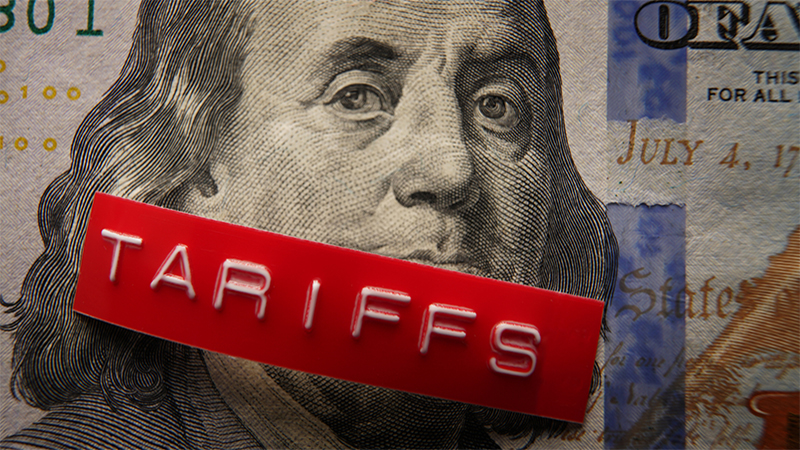Dissatisfaction with the end result can come from funds taking on more risk in an effort to compete with benchmarked portfolios doing well in a rising market, it says. However, investors can also be let down by the failure of some AR funds to achieve the stated goal of generating a positive return regardless of market conditions.
Despite the demand drive and growth for outcome-based investments, investors need to realise it is not synonymous with AR portfolios. Just as not all AR funds can achieve positive returns every year so too can funds not using the AR label achieve just that. Many in the UK All Companies, Managed and UK Equity Income sectors can rival the returns achieved by those in the AR sector, including the preservation of capital.
In fact there is only one portfolio across all these sectors to feature just one negative calendar year return going back to 2001 and it isn’t listed in the absolute return sector.
Ruffer Total Return, listed in the Cautious Managed sector, has had just one negative calendar year since 2001 (and including so far in 2011) and that was in 2006.
There are three absolute return funds that also date back that far, all of which are Schroder bond portfolios. If the first half of 2011 is excluded then Schroder Absolute Bond matches the Ruffer track record having fallen 2.97% in 2008.
What represents an AR fund?
There are many debates as to what constitutes an AR fund as the IMA’s sector review and the Fitch report highlight. Statistics show that only a few funds are able to achieve the goal of positive returns regardless of market conditions, so should that be the proper definition of an AR fund?
The most consistent, long-term positive performer in the absolute return sector is Newton Real Return. According to FE stats the fund has generated a positive return every year since 2005, including so far this year. Yet some would argue it isn’t a ‘real’ AR fund, as it’s not run with a long/short or retail hedge fund strategy.
Just 19 of the 69 AR sector funds date back as far as the complete 2008-year and only three of those have achieved gains each and every year since: Real Return, BNY Mellon Evolution Global Alpha and Insight Absolute UK Equity Market Neutral. Blackrock UK Absolute Alpha almost makes that list but so far in 2011 its returns are negative.
Looking outside this sector other funds can argue they are equally successful in achieving positive returns each year. There is no denying the UK All Companies and Equity Income sectors fared poorly in 2008, with not a single fund in positive territory. However, nine of the 19 AR funds didn’t either and of the 10 that did, six were bond strategies. Across the Managed sectors, nine funds were positive in 2008.
Looking at the long term
But with AR and other sectors it is about consistency and it is here other mainstream areas perform strongly. FE stats show the majority of the 158 of funds in the UK All Companies peer group that date back to 2001 have had just three negative periods: 2001, 2002 and 2008. One fund in that group has just two negative years since 2001, JPM UK Dynamic. Discounting 2011, Fidelity Special Situations joins it.
In the Equity Income sector five portfolios have recorded just two negative calendar years over the ten-and-a-half years, three of which belong to Neil Woodford. Schroder Income and RBS Equity Income also achieved such a record.
While clearer definition of what constitutes an AR portfolio is needed, so too must investors be equally diligent in not jumping into a product simply based on its label. There are obviously good AR funds but broadly speaking, they are not the only ones that can generate consistent, positive returns over the long term.









